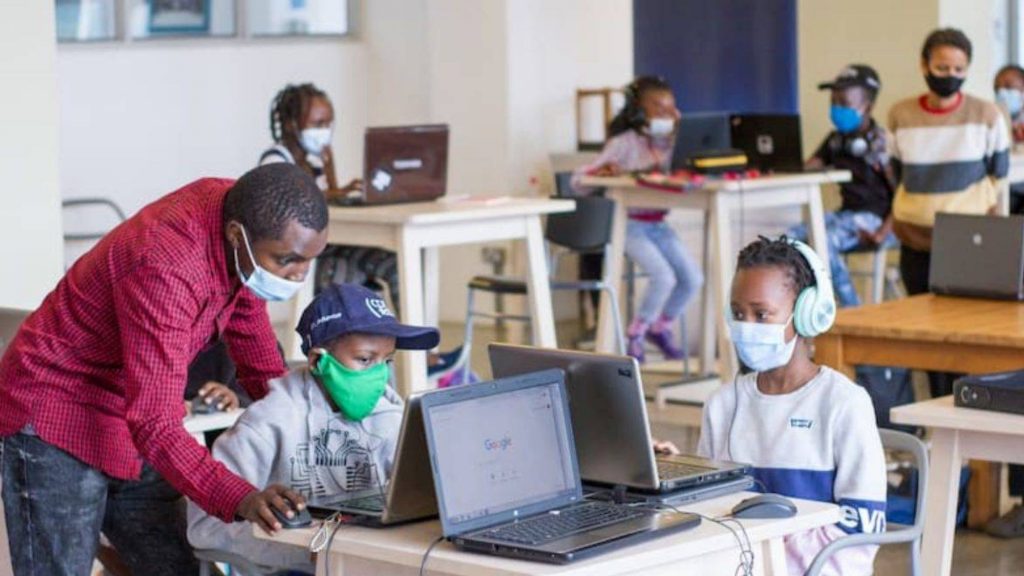We all have them. Those apps we open without thinking. Not because we need anything in particular, but because they feel… safe, in some…
Teach technology skills at all education levels, plead experts

Technology literacy and digital literacy are crucial for Africa’s future. And while we are making progress with the introduction of coding in primary schools in countries like Kenya and South Africa, experts believe we still have a long way to go.
“We know that every technology business is hampered in its growth by a severe lack of talent across Africa, and it is up to us as a part of that ecosystem to help develop and nurture future champions of the industry,” says Sean Riley, chief executive at Ad Dynamo by Aleph.
“Unfortunately, there is still a substantial skills gap in Africa, and to solve it, we must begin at the grassroots level. We live in an increasingly digital world, so it is only logical that we begin teaching digital digital skills.”
Provide more flexible pathways
According to a World Economic Forum report, 65% of today’s primary school children will eventually be working in job types that do not currently exist. Furthermore, the International Finance Corporation (IFC) estimates that by 2030, more than 230 million jobs in Africa will require digital skills.
Huawei SA spokesperson Vanashree Govender says it is therefore clear that emerging economies face significant upskilling challenges, which need to be addressed throughout the educational careers of young people.
“Businesses and educational institutions must work together to ensure that learners are equipped to handle the ever-changing nature of work. The business sector, in particular, should take the lead in this regard, whether through training sessions, providing more flexible skills pathways, or through the recognition of short courses, as well as online and self-learning,” she says.
Technology innovation is happening so quickly that training must now be adjusted constantly, almost in real-time, as new systems, applications, and devices come to market.
Conscious of the need for technology-driven upskilling, Huawei has built strong relationships with training and education institutions, and established programmes such as its ICT Academies at universities and TVET colleges, as well as its Seeds for the Future programme which aims to develop skilled, local, ICT talent.
Contextual education
Education needs to be contextual, says Andrew Bourne, regional manager: Africa at Zoho Corp.
“It should enable children to understand things around them and prepare them to be ready for real-world challenges. As technology has become ubiquitous, it is important to teach children how it impacts the world and help them understand how it can be utilised to solve various problems.”
Bourne adds that students require more than a functional knowledge of digital and technological skills to succeed in the world. By incorporating these technologies into the normal curriculum and ongoing activities, institutions ensure that their students are more equipped for the modern workplace.

